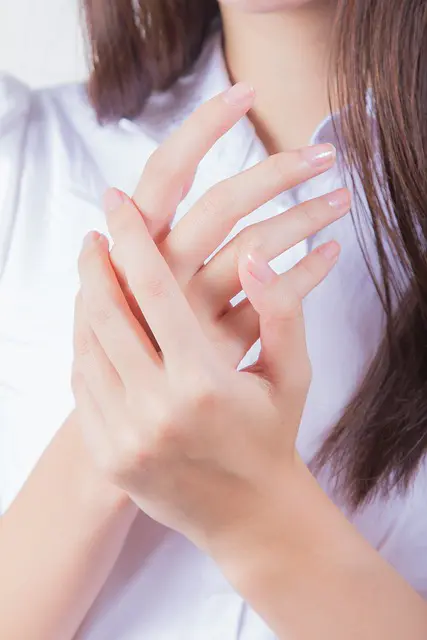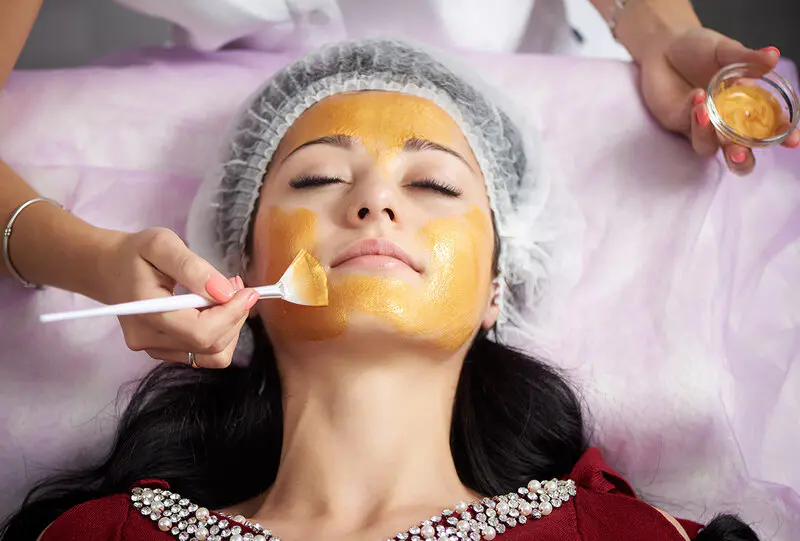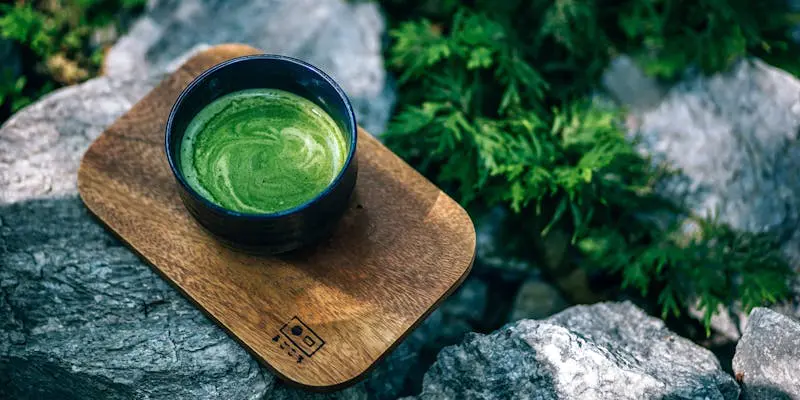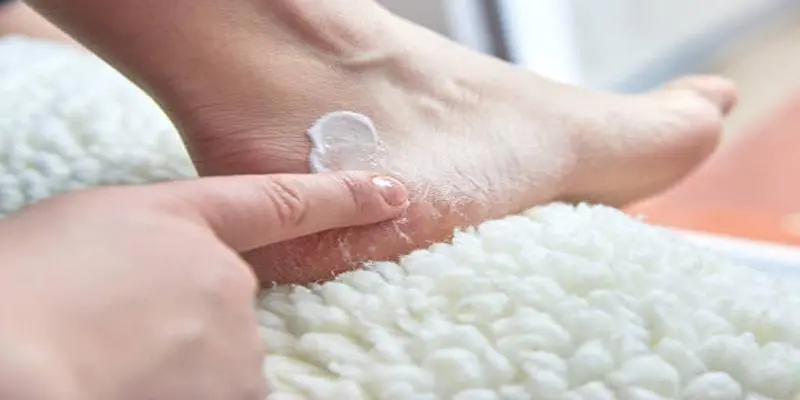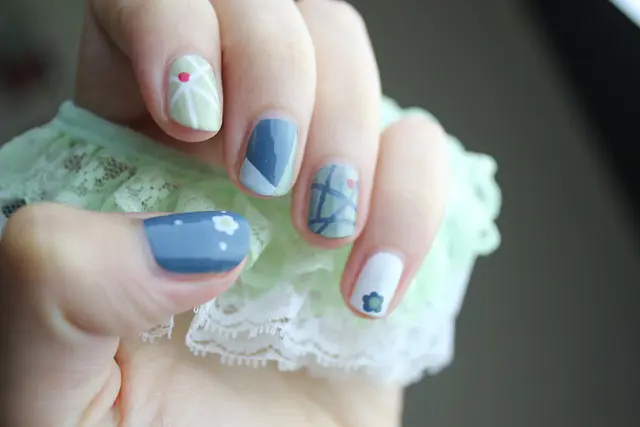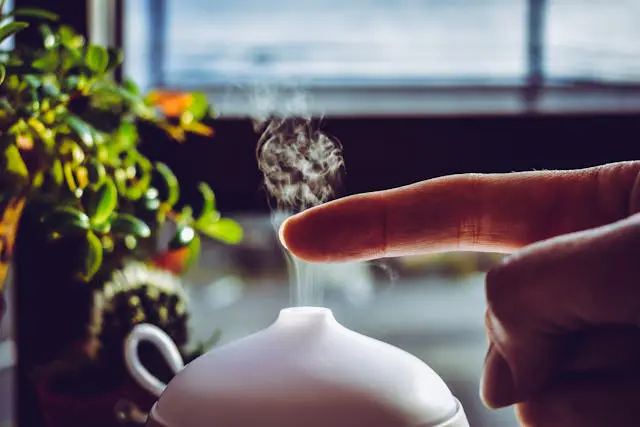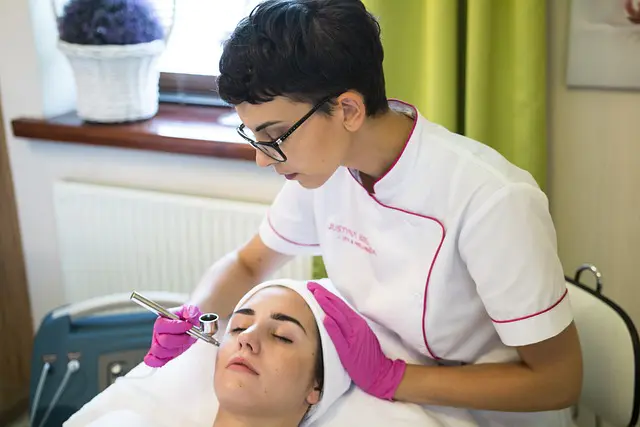The landscape of beauty is undergoing a significant shift. As we advance into the 21st century, the definition of beauty has expanded to encompass health, ethics, and personal values, in addition to physical appearance. This new era of beauty is characterized by inclusivity, creativity, and influence, with a focus on technological progress and environmental consciousness.
In this article, we delve into the trends and concepts that are redefining the beauty industry. We will examine the role of technology, the significance of sustainability, and the increasing focus on self-care and mental health. Whether you are a beauty aficionado or new to the world of skincare and cosmetics, this guide will keep you informed about the latest developments in beauty.
The Technological Tide: Technology's Influence on Beauty
Technology is revolutionizing every facet of our lives, including the beauty industry. From AI in skincare to virtual try-ons, the intersection of beauty and technology is creating new opportunities.
1. Customized Skincare Solutions
A notable advancement in beauty technology is the emergence of personalized skincare. Companies are leveraging AI and machine learning to analyze individual skin and create tailored products that cater to specific needs. By taking into account variables like skin type, concerns, and environmental factors, these solutions offer a level of customization that was once unimaginable.
Case Study: Brands such as Proven and Atolla utilize algorithms to craft bespoke serums and moisturizers, ensuring that each product is perfectly matched to your skin.
2. Virtual Makeup Trials and Augmented Reality
The days of uncertainty about whether a makeup shade will complement your skin tone or blend seamlessly are over. Augmented reality (AR) enables us to virtually try on makeup before making a purchase. Platforms like YouCam Makeup and ModiFace allow you to experiment with various looks in real-time, facilitating the discovery of products that are a perfect fit for you.
Advice: Employ digital makeup tools to venture beyond your comfort zone and test out daring colors or trends that you might not have otherwise considered.
3. Portable Beauty Appliances
From LED masks to microcurrent devices, portable beauty gadgets are bringing salon treatments into your home. These tools employ state-of-the-art technology to address specific skin concerns, such as acne, wrinkles, and dullness. While they may require an initial investment, they can be a cost-effective solution for maintaining skin health over time.
Case Study: The Foreo Luna facial cleansing brush employs sonic vibrations for deep cleansing, while the NuFACE microcurrent device aids in toning and lifting facial muscles.
Eco-Conscious Beauty: Embracing Sustainable Practices
As consumers become increasingly environmentally conscious, the beauty industry is responding by adopting sustainable practices. From eco-friendly packaging to clean product formulas, sustainability is transitioning from a niche market to an essential standard.
1. The Clean Beauty Movement
The clean beauty movement advocates for the use of safe, non-toxic ingredients that are beneficial for both your skin and the environment. This involves steering clear of harmful chemicals like parabens, sulfates, and synthetic fragrances in favor of natural, organic, and ethically sourced alternatives.
Advice: Seek out certifications such as USDA Organic, EWG Verified, or Leaping Bunny to verify that a product adheres to clean beauty standards.
2. Zero-Waste Packaging
The beauty industry has faced criticism for its extensive use of plastic packaging. In response, many brands are now embracing zero-waste practices, such as utilizing recyclable, biodegradable, or refillable packaging options.
Case Study: Lush offers "naked" products like shampoo bars and solid conditioners without any packaging, while brands like Kjaer Weis and Fenty Beauty provide refillable compacts for their makeup products.
3. Waterless Beauty Formulations
Given that water is a precious resource and the beauty industry is one of its largest consumers, waterless beauty products, which are formulated without water, are not only more potent and effective but also more sustainable.
Case Study: Brands such as Pin
